Dysphagia, or more commonly referred to as a swallowing disorder, can afflict people of all ages but is generally more prevalent in the elderly. Those with dysphagia often have trouble swallowing food or liquid and passing it from the mouth to the stomach. Although this feeling may cause a bit of anxiety or nervousness, it is rarely an indicator of something more serious. Dysphagia may clear up on its own but, when it does not, one should consult an otolaryngologist.
In order to better understand this disorder, it is important to know more about the stages of swallowing. First, during the oral phase, food is chewed and the tongue moves the food towards the back of the mouth in preparation for swallowing. Second, the pharyngeal stage occurs when the food is squeezed down the throat, or pharynx, and the airway is closed off to prevent chocking. During the final stage, the esophageal phase, the food moves through the esophagus and into the stomach. These last two stages occur involuntarily.
Swallowing disorders can be a result of many different conditions including reflux, diabetes, thyroid disease, stroke, diabetes, head, neck, or throat surgeries, and Alzheimer’s disease, and multiple sclerosis. Those suffering from dysphagia may experience drooling, the feeling that food is sticking in the throat, coughing or choking during eating, voice change, weight loss or dehydration due to not being able to eat enough, and requiring extra time to chew or swallow.
If you are experiencing any of these symptoms please seek out medical attention. Our doctors here at Plymouth Ear, Nose and Throat have a great deal of experience in treating dysphagia, as well as other reflux and voice disorders and utilize the most modern testing and procedures including Fiber optic Endoscopic Evaluation (FEES) and Flexible Endoscopic Evaluation of Swallowing with Sensory Testing (FEESST). These procedures enable our doctors to see the back of the tongue, throat, and larynx in order to obtain a clear picture of what is happening and how to best move forward with treatment.
If you have any questions or immediate concerns, give us a call at 508-746-8977 to schedule an appointment today!

